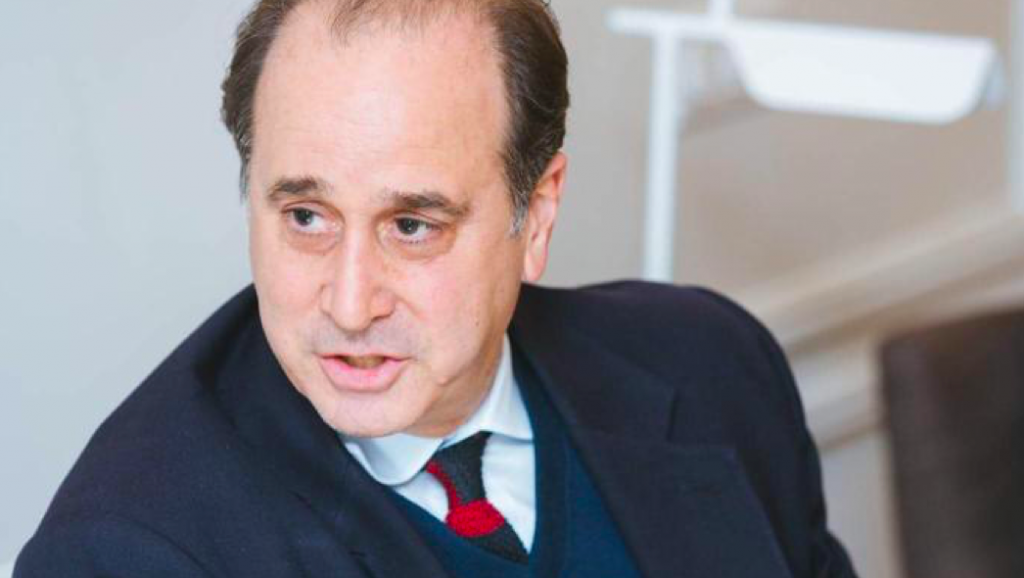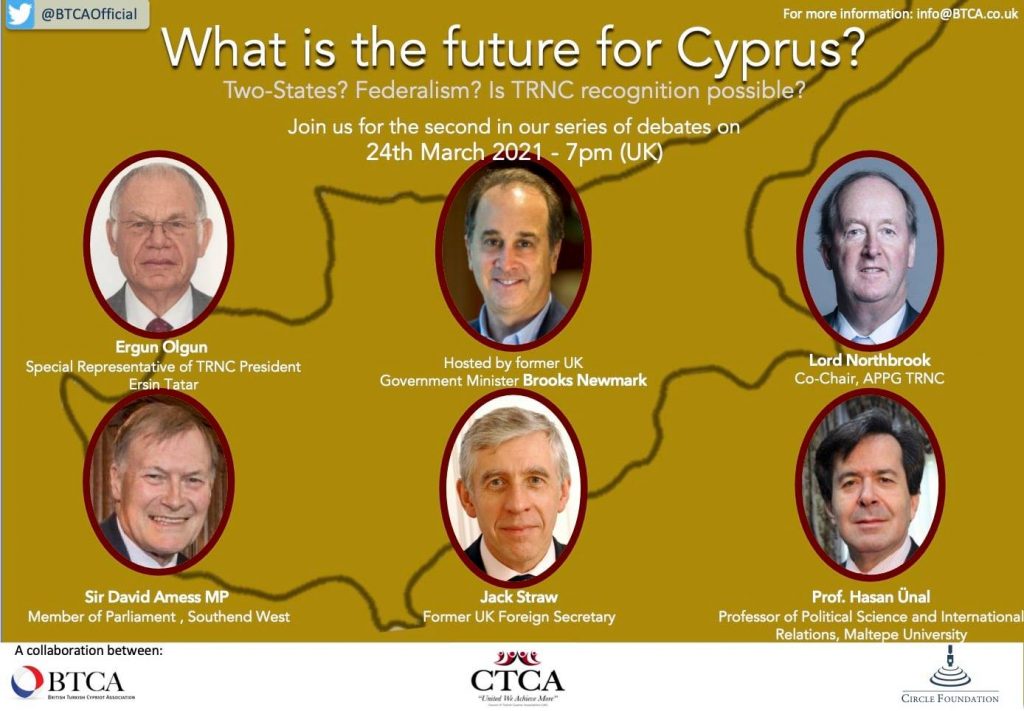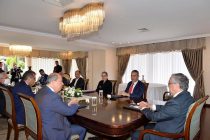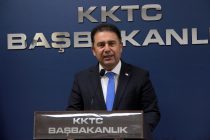On Wednesday, 24 March, the British Turkish Cypriot Association will screen the third and final instalment of its webinar series ‘The Future of Cyprus: Two States? Federalism?’ with a heavyweight panel that includes former British Foreign Secretary Jack Straw, TRNC President Ersin Tatar’s Special Representative Ergün Olgun, and international relations guru Professor Hasan Ünal.
When the group launched its monthly 90-minute debates at the start of this year, the aim was simple: to broadcast “lesser known views” on how to resolve the decades-old dispute on the divided island.
For years, the world has heard about the need to ‘unite Cyprus’. But after 57 years of failed talks for a federal solution, it’s time to “think outside the box on Cyprus”, as Turkey’s Ambassador to London Ümit Yalçın urged recently.
Ersin Tatar was elected President of the Turkish Republic of North Cyprus (TRNC) in October 2020 pledging to pursue a two-state solution.
President Tatar’s new mandate creates both challenges and opportunities, which have been expertly discussed by panellists in the first two BTCA Cyprus webinars. Those joining the fray include barristers Michael Stephen and Alper Ali Riza, politicians Oğuzhan Hasipoğlu, Andrew Rosindell, Sir Jeffrey Donaldson and Sir Iain Duncan Smith, and academic and political advisor Prof. Hüseyin Işıksal.
Former British government minister Brooks Newmark (pictured, top), 62, has been chairing the series, teasing interesting details from the panellists through his natural curiosity and unbiased questioning, all delivered with a healthy dose of wit.
A member of the Conservative Party for 40 years and a Member of Parliament for ten, Newmark came into the series unfamiliar with Turkish Cypriot views and experiences. Like much of the world, he had believed a federal solution for Cyprus was the only viable way forward.
T-VINE talked to the former Minister for Civil Society to see how his understanding of the Cyprus Problem has changed through the debates, and what advice he’d give to British Turkish Cypriots seeking to influence a policy shift.
Q. What are the key points you have taken away from the first two webinars?
BN: My biggest take away is that we shouldn’t look at it as a “problem”. We should look at this now as an opportunity to have a grown-up conversation based on the reality of the north and south of the island.
I think the South has to recognise that they risk losing the North completely unless they accept the UN proposal for a federal Cyprus, where North and South respect each other and respect the reality of today – not looking back, but looking forwards.
Q. In the first debate, the panellists spoke about how their first encounter with the Cyprus Problem was very much from the Greek Cypriot perspective. How did you first become aware of this long-running political problem, and what’s shaped your perceptions of the issue?
BN: If I’m honest I have known no other perspective than the Greek Cypriot perspective. They have had and continue to have the loudest voice in UK domestic politics.
Naturally, there are two sides to every story, and it’s important people understand – and British politicians make more effort to understand – the Turkish Cypriot narrative. That’s been the importance of these [BTCA] webinars, which are helping to develop a new narrative.
The webinars have given me and others an opportunity to see both sides of the debate. By the end of the first one, I already felt I had a more balanced perspective. The second went further, allowing guest speakers to engage more actively in debating both sides of the argument.
I look forward to learning more as I listen to, as well as chair, the third and final webinar on 24 March.
Q. As someone who’s served in government and been involved in track 2 diplomacy, what advice would you give British activists wanting to make a positive difference on Cyprus?
BN: I think both sides need to listen more to one another, and I mean actively listen.
The Turkish Cypriot community needs to be as actively engaged in putting forward their argument as the Greek Cypriot community have been. Especially with Members of Parliament and the mainstream media.
There can only be a shift in policy [on Cyprus] if more people know about the Turkish Cypriot experience and history. Otherwise they will act on what they read and hear.
I don’t think most politicians in the UK are aware of the UN [2004 Annan Plan] proposal and the fact that the majority in the North accepted this proposal and the majority in the South rejected it.
[Political] parties evolve, policies evolve. Turkish Cypriots need to be more pro-active in getting their message home.
Q. Given the current 2-state realities in Cyprus, should the UK be taking a different approach?
BN: [The Minster for the European Neighbourhood and the Americas] Wendy Morton’s statement [in the first BTCA webinar] encapsulates the British position.
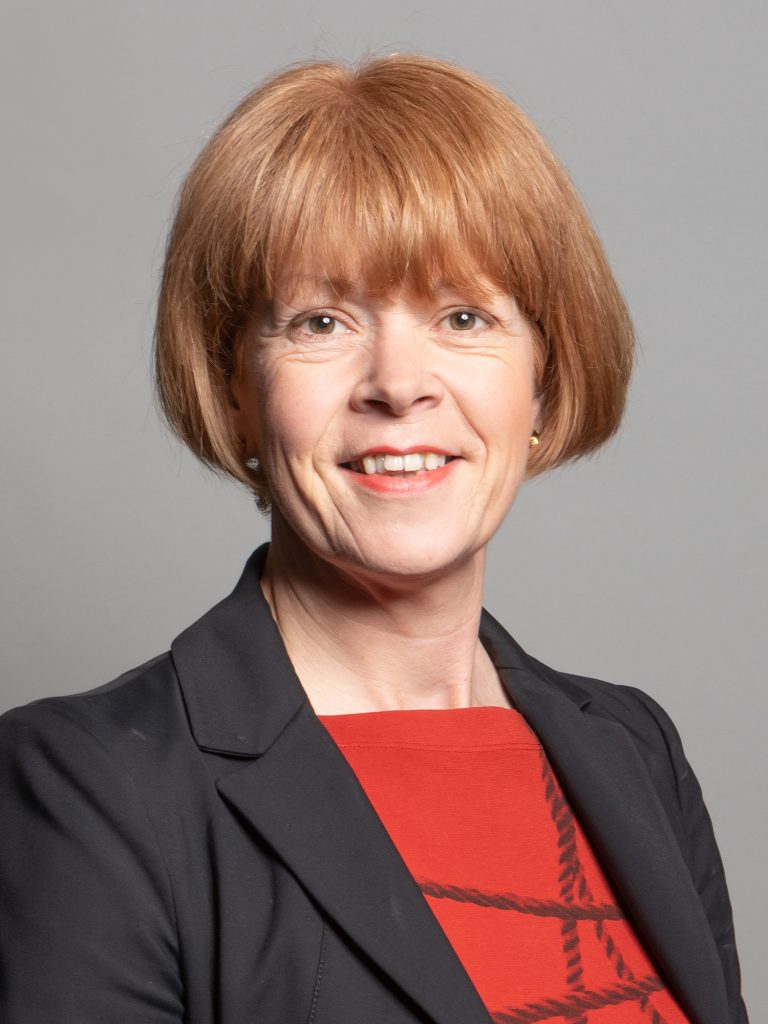
Although the TRNC has quasi recognition, the fact remains it is not internationally recognised and the UK isn’t going to act outside of what the rest of the international community is doing.
That said, it’s becoming glaringly obvious that a marriage between the two sides is increasingly challenging. Despite the world wanting a compromise solution, however imperfect, we can’t force this.
The definition of madness is repeating the same thing over and over again and expecting a different result.
Everyone needs to take a step back and assess the reality on the ground. There are two states in Cyprus. We all need to reflect on that more fully.
The world went with the South, who were rewarded for their intransigence in 2004 with EU membership. Nothing was done to force the South’s hand, then or now.
The UK is a major power and has a long history with the island. It does have influence and should be more pro-active.
The [BTCA] webinar series is the beginning of this process, so the UK has better engagement with the Turkish Cypriot community and businesses.
There should be better transport links to northern Cyprus.
There are many things that can be achieved without protocol.
Q. Have you been to Cyprus before?
BN: I have never been to Cyprus, but I have been to Greece many times.
Q. Is it true you have a family connection to Turkey?
BN:Yes, my grandfather was from Istanbul and moved to the US as a young man. However, I only visited Turkey for the first time about 10 years ago for a holiday with my family and more recently when I have been engaged in track two diplomacy during the Syrian Civil War, and when I spent a little time working at a Syrian Refugee Camp (Nizip 2) near Gaziantep.
Where to catch the final ‘Future of Cyprus’ debate?
The ‘The Future of Cyprus: Two States? Federalism?’ airs at 7pm on Wednesday, 24 March. The debate is broadcast live on Zoom (prior registration needed – click here) and North Cyprus state broadcaster BRT, which is free to view across Europe on Turksat and also online.
‘The Future of Cyprus’ debates are also available to watch on BTCA’s YouTube channel.


